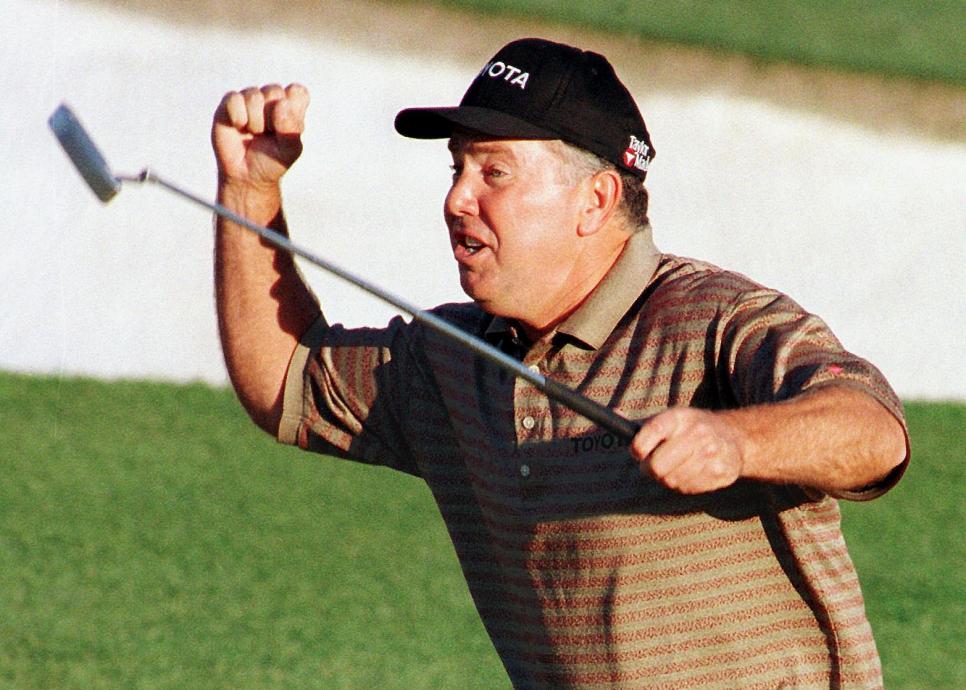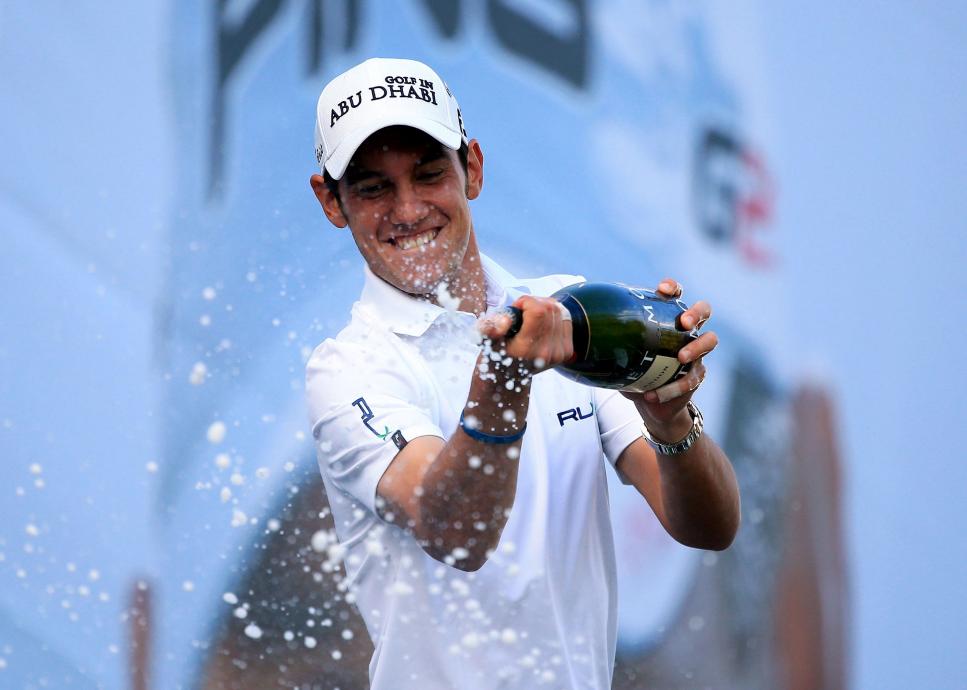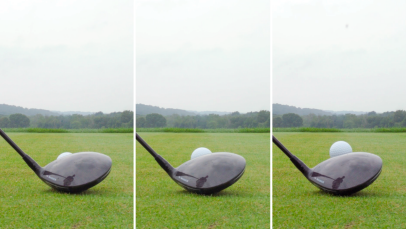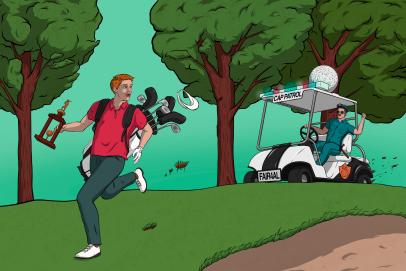From the archives: The mindset shift that helped unlock Laura Davies – Australian Golf Digest

- by Admin
- September 13, 2024
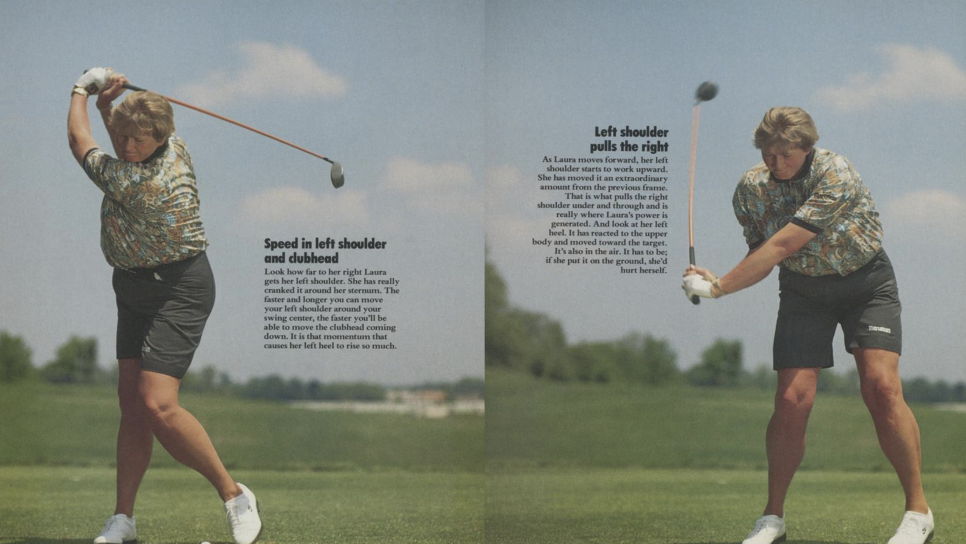
There have been many great Solheim Cup players, but only one holds the title as the highest points scorer in the history of the event: Laura Davies. The World Golf Hall of Famer, who is an assistant captain for Europe at the 2024 Solheim Cup, collected 25 points in her illustrious Solheim Cup career, which spanned from 1990 to 2011.
There were many things that made Davies great—her length off the tee being an undeniable factor. But her mentality, too, made her a top competitor. In a 1993 Golf Digest article, Davies gave a glimpse into her psyche and how a shift in her attitude improved her play.
Davies said she was on a plane, flying from Japan to a tournament in the United States in the spring of 1993, when she had a realization.
“I was whining a bit too much like professional golfers tend to do,” she said, “and I just decided there and then to stop. If you don’t hit a good shot it’s down to you; it’s not bad luck. And it’s worked. I’ve had a good attitude ever since.”
When she arrived at the tournament in Delaware, she implemented this mentality and won.
Her caddie, Matt Adams, who is also her cousin, said he noticed the difference.
“She used to be the roller coaster of golf. There were a lot of peaks and troughs. She’s a lot more consistent now,” he said at the time.
Prominent sports psychologist Deborah Graham says that embodying this type of mentality can help you perform better because it improves emotional stability on the golf course.
Of the PGA and LPGA champions Graham has studied, she says they all have great emotional stability.
“Emotions like anger, frustration, disappointment, self-criticism and fear can wreck even the most talented players. The best players are able to manage their emotions rather than emotions managing them,” Graham explains. “Laura learned, like many players do, that reacting to bad shots or lamenting bad luck takes you away from the things you can truly control and can become a habit.”
Graham went on to say that she has worked with players that have struggled with this habit, and once broken of it, they all played better.
Remaining emotionally steady is something pros and amateurs can struggle with. If you wallow in the injustices of bad bounces and poor lies you believe you face on the golf course, try Davies’ mindset: There’s no bad luck on the golf course, only the shots you hit.
This mentality might just help you move to the next shot with a bit more levelheadedness and ease. From there, it’ll be a lot easier to make the next shot a better one.
This article was originally published on golfdigest.com
The Latest News
-
September 20, 2024South African Airways Expands Australian Route: Perth-Johannesburg Flights Now Five Times A Week – Travel And Tour World
-
September 20, 2024A pathway to greatness: Victoria’s last match in Queensland
-
September 20, 2024Horse Racing News: Autumn Glow springs into Princess Series
-
September 20, 2024Former Italian galloper in Caulfield Cup and Melbourne Cup bid
-
September 20, 2024‘Quite confronting’: Cats assistant coach hospitalised after collapsing at training ahead of prelim final
